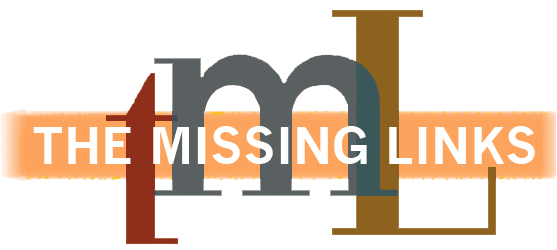This page will help you decide when to contact us during the week, and when to bring a child to us for help.
When to Talk to Us
The Missing Links’ office is open most of the time from Monday to Friday, during normal business hours. However, we are a small business, and when we are with a student we do not answer the phone or see drop-in callers. Our first priority is giving our students our undivided attention: we’re sure that’s what you’d want for your child or yourself.
If we don’t answer when you call, please leave us a message, using email, voicemail or text. We’ll get back to you as soon as we can.
When Should a Child See Us for Help?
Because dyslexia is concerned with reading problems, children who are too young to read cannot actually have dyslexia! This is just like how dyslexia was never a problem to humans before writing, and so reading, was invented.
When your child is very young, please read to them. Get age-appropriate books from the library, read them stories or whatever interests them. If they want to know what's in the newspaper, read the interesting bits to them. Let them learn that there is beauty in language and storytelling, that they can learn from written materials, that being able to read opens a huge new world to them. Children want to learn, so explore the world with them through written material. Children need to exercise their imaginations, and a spoken or written story allows them to use their imaginations to fill in the gaps, in a way that a TV show or a movie cannot do. Expose them to stories and poetry, adventures and science, songs and current events. Discuss what they are finding: to them it is all new and exciting!
Most children start learning to read about the time they start school. Some will pick it up earlier, others will learn through school. If you have spent time reading to your child, they should be ready and eager to read for themselves. If their learning to read is progressing without too much drama, then all is well. If you find that there are problems with your child's reading, your first contact is their teacher.
As discussed elsewhere on this site, dyslexia is just one of many problems that a child can have with reading. Vision issues can cause problems, as can emotional and psychological issues. Children with ADHD commonly have reading problems because reading takes continuous effort. Don’t assume that dyslexia is the only possibility.
Only a clinical psychologist can formally diagnose dyslexia, and while they are undertaking the assessment, they can often find other problems which may have some bearing on a child’s reading.
When Should Adults See Us for Reading Help?
It is a tragic fact that there are many adults who cannot read, or have significant difficulties with reading. As with children, there are many causes, but adults have often developed a whole collection of strategies to get around their difficulties with reading.
One of the first steps in helping adults is to help them stop using some of these strategies, so that they can learn to read. This is often easier said than done! But once adults start getting the idea of reading without difficulty, their progress can be spectacular. Reading opens doors for them and it can change their lives in a very positive way.
If you are an adult with reading problems, or you know an adult who has such problems, contact us, or have them contact us, for a confidential discussion about it. We have taught adults who were unable to read, but can now read as well as anybody else, and it has changed their lives for the better.

